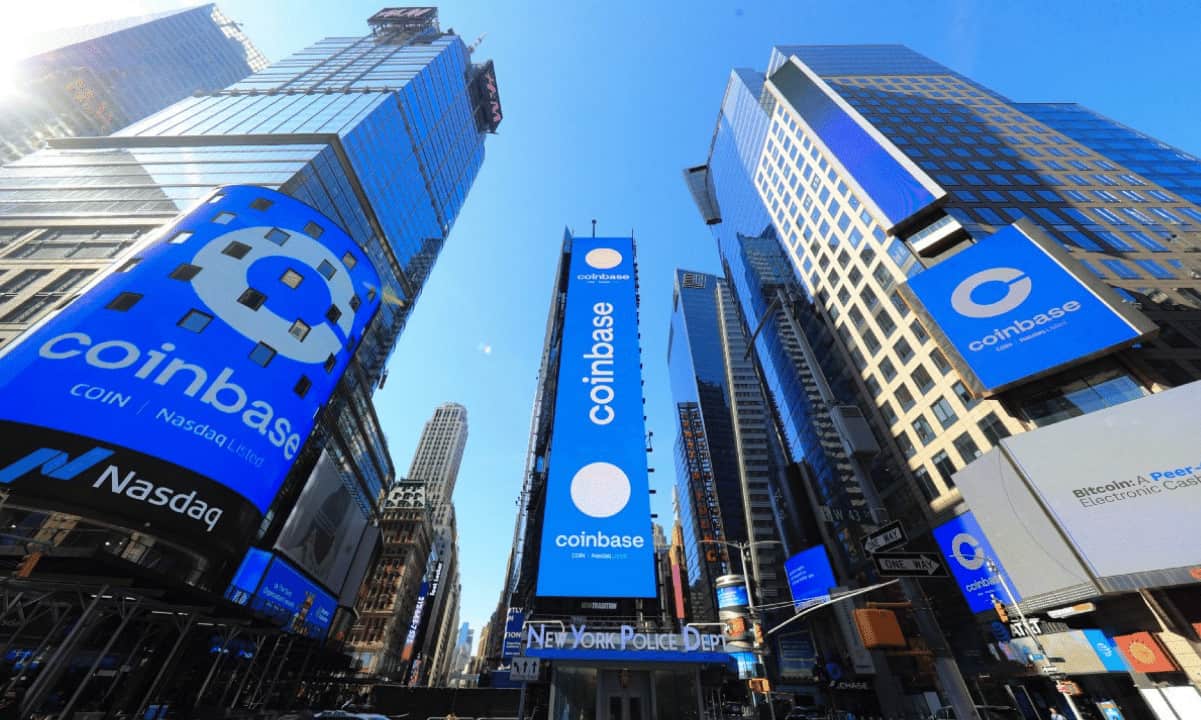[ad_1]

The U.S. Securities and Exchange Commission (SEC)’s charges against Coinbase are largely reminiscent of its Binance case from just a day prior – but also contain some key differences.
Here’s a closer look at the text and implications of the commission’s 101-page lawsuit against America’s largest crypto exchange.
Coinbase and Binance: Lawsuits Compared
Much like the Binance lawsuit on Monday, the SEC’s first charge against Coinbase was for serving functions of a broker, national securities exchange, or clearing agency, and yet neglecting to register as any such business.
According to the commission, failure to register has left investors “deprived of the disclosures and protections,” they are entitled to, and thus exposed them to “significant risk.”
The filing also accused Coinbase of listing a plethora of “crypto-asset securities” on its platform and named 13 cryptocurrencies that fit the bill. These included multiple top 20 cryptos by market capitalization, such as Solana (SOL), Cardano (ADA), and Polygon (MATIC).
Coinbase has claimed in the past to apply the Howey Test – the SEC’s primary litmus test for determining whether a financial asset constitutes an investment contract – when reviewing an asset for listing on its platform. According to the firm, it rejects 90% of assets due to legal standards and does not list any securities.
Nevertheless, the SEC accused Coinbase of merely paying “lip service” to the idea of legal compliance: “Coinbase has for years made available for trading crypto assets that are investment contracts under the Howey test and well-established principles of the federal securities laws,” it stated.
In the Binance lawsuit, the SEC named only BNB and BUSD as securities.
The SEC’s third allegation pertained to Coinbase’s staking-as-a-service product, which the exchange did not register with the commission. The program lets users stake their proof-of-stake crypto assets through Coinbase’s platform and earn yield, while Coinbase earns a 25-35% commission.
The agency had already targeted the “BNB Vault,” “Simple Earn,” and “staking” schemes available through Binance US on Monday. State-level securities regulators also began targeting Coinbase for its staking product on Tuesday, including Alabama, California, and others.
Different Punishments
Coinbase has been ordered to pay back all “ill-gotten gains” related to their securities violations, alongside prejudgement interest, civil money penalties, and other forms of equitable relief for investors. When Kraken settled charges with the SEC in February for issues relating to its staking product alone, it was forced to pay a $30 million fine.
Binance was ordered to pay similar penalties but was also ordered to be permanently barred from engaging in the securities and crypto exchange business.
Binance Free $100 (Exclusive): Use this link to register and receive $100 free and 10% off fees on Binance Futures first month (terms).
PrimeXBT Special Offer: Use this link to register & enter CRYPTOPOTATO50 code to receive up to $7,000 on your deposits.
[ad_2]
Source link
